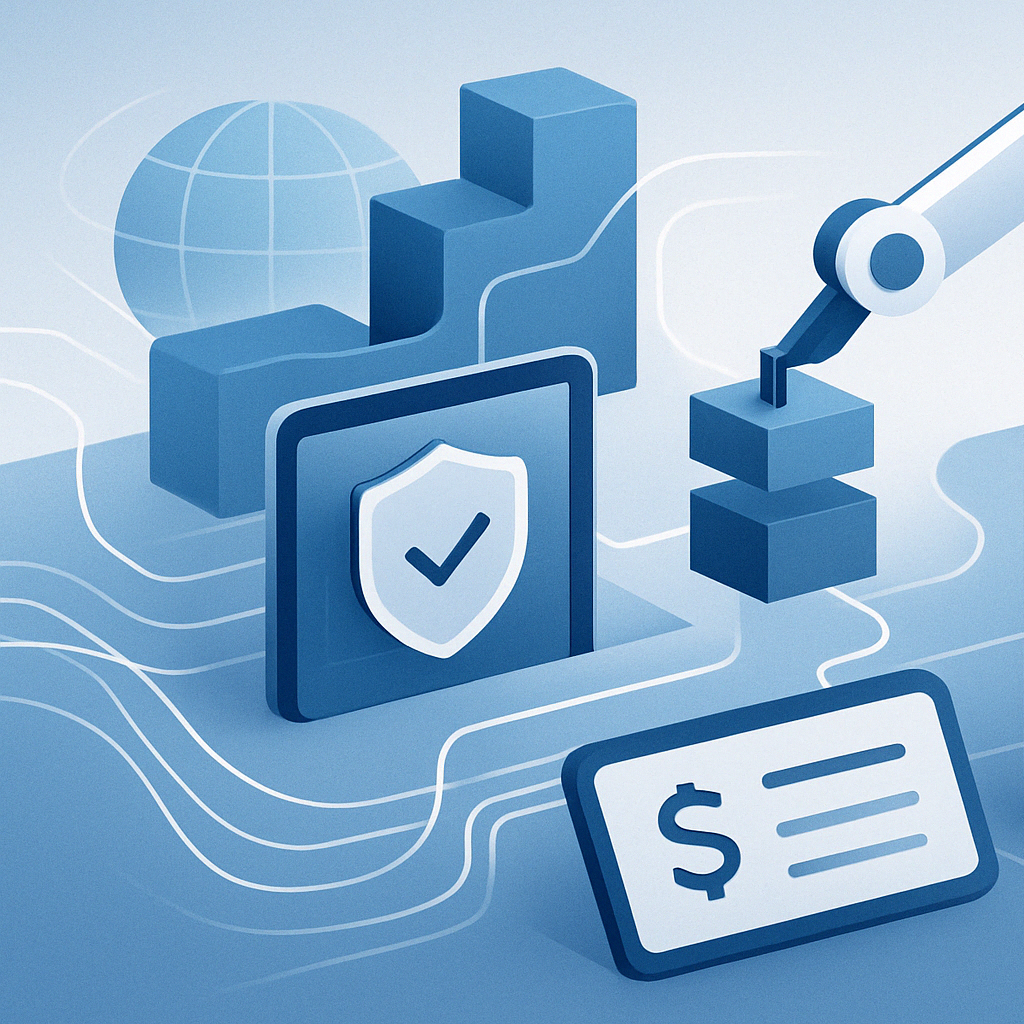Authentication | Authorization | OpenID Connect | API Security | Access Tokens
OAuth 2.0 is an open standard protocol for the secure authorization of applications on the Internet. It enables third-party applications to access user resources without users having to disclose their access data. The technology is now a central component of modern security architectures, particularly for web-based and mobile applications.
The main advantage of OAuth 2.0 lies in the separation of authentication and authorization. While authentication confirms who a user is, OAuth 2.0 regulates what this user is allowed to do – for example, whether an app is allowed to access their contacts, calendar or files.
Functionality
At the heart of OAuth 2.0 is the so-called access token, which is issued by an authorization server. This token allows an application (the so-called “client”) to access protected resources located on a resource server – such as a cloud storage service or a social media account.
The process typically begins with the user logging in to the authorization server via a login screen. After successful authentication, this server forwards an access token to the application. The application uses this token to access data on behalf of the user – without ever knowing or saving the actual access data.
Areas of application
OAuth 2.0 is used in numerous digital applications:
Social networks: Facebook, Google and LinkedIn use OAuth 2.0 to give third-party apps secure access to user information.
Cloud services: Dropbox, Google Drive and Microsoft OneDrive allow authorized access to stored files.
Enterprise applications: In modern single sign-on (SSO) solutions, OAuth 2.0 serves as the central authorization protocol.
Mobile apps: Native apps on iOS and Android often use OAuth 2.0 to ensure secure communication with backend services.
Advantages
OAuth 2.0 offers numerous advantages over traditional authentication methods:
Increased security: Users do not have to pass on sensitive login data to third-party providers.
Granular authorizations: Access can be restricted to specific resources and time periods.
Standardization: As a widely used standard, OAuth 2.0 is compatible with many platforms and frameworks.
Extensibility: By combining with OpenID Connect, OAuth 2.0 becomes a complete solution for authentication and authorization.
In addition to OpenID Connect, technologies such as JSON Web Tokens (JWT), SAML and API Gateways are also closely linked to the OAuth 2.0 ecosystem and ensure a holistic security concept.
The experts at BITS have used OAuth 2.0 and related technologies in a large number of projects. A selection of case studies and references can be found below.
“We are happy to support you with your digital challenges and look forward to hearing from you without obligation.”
Marc Schallehn, Managing Director BITS GmbH

Gerne unterstützen wir Sie bei Ihren IT Projekten. Ich freue mich über Ihre Kontaktaufnahme.
Selection of case studies and references
Digitization of group-wide financial processes – development of a scalable web application
In this project, a modular web application was developed that securely digitizes and automates group-wide financial processes and combines them across systems.


